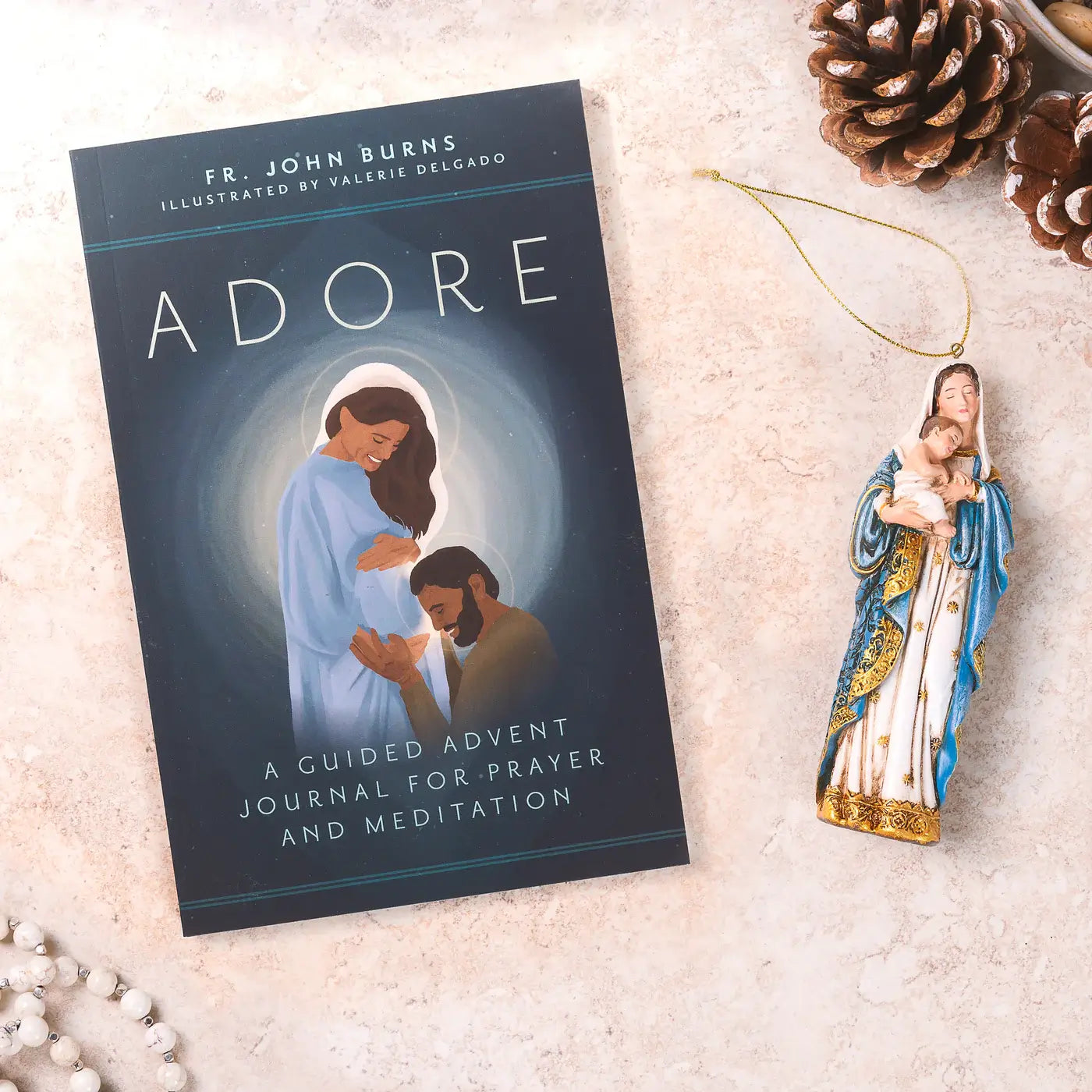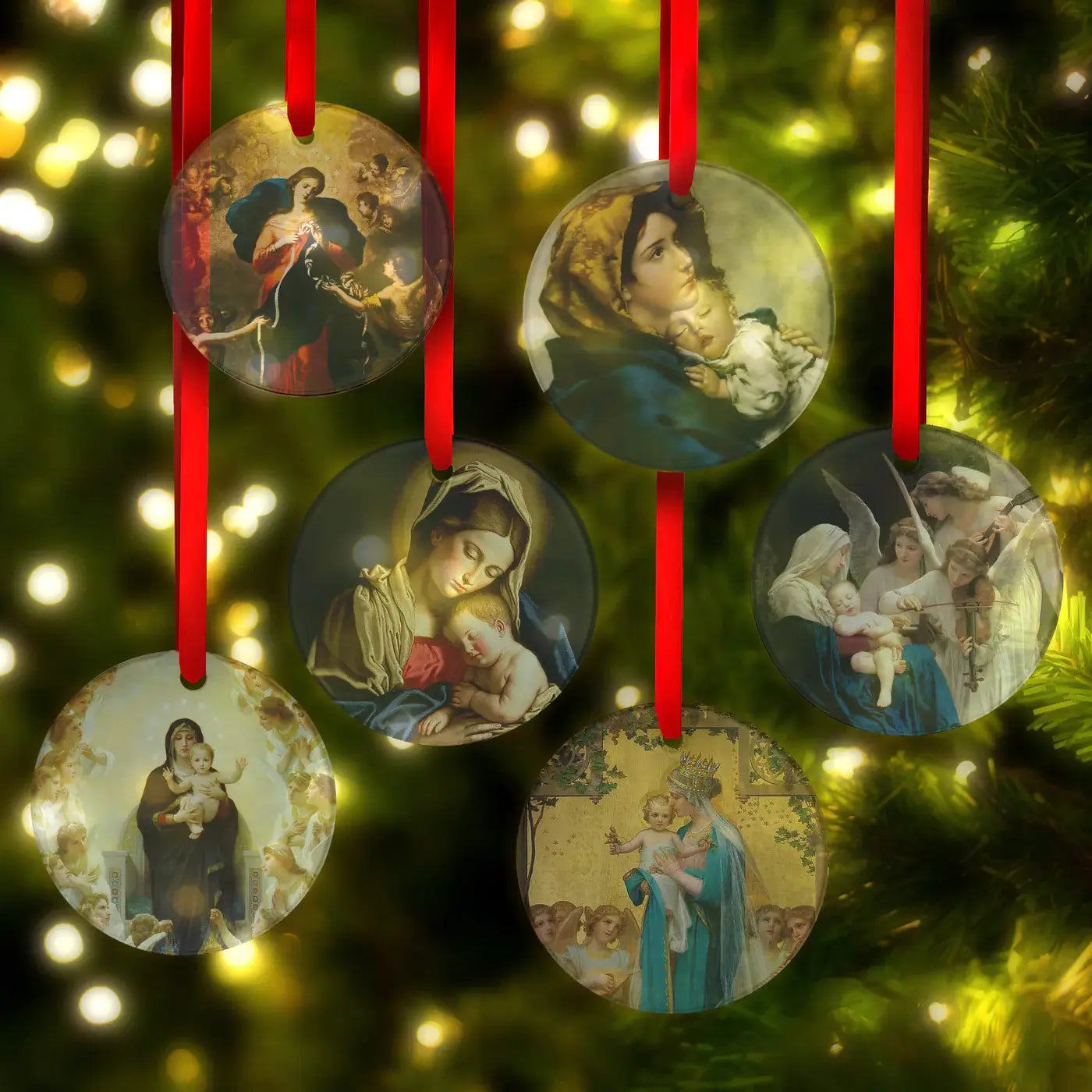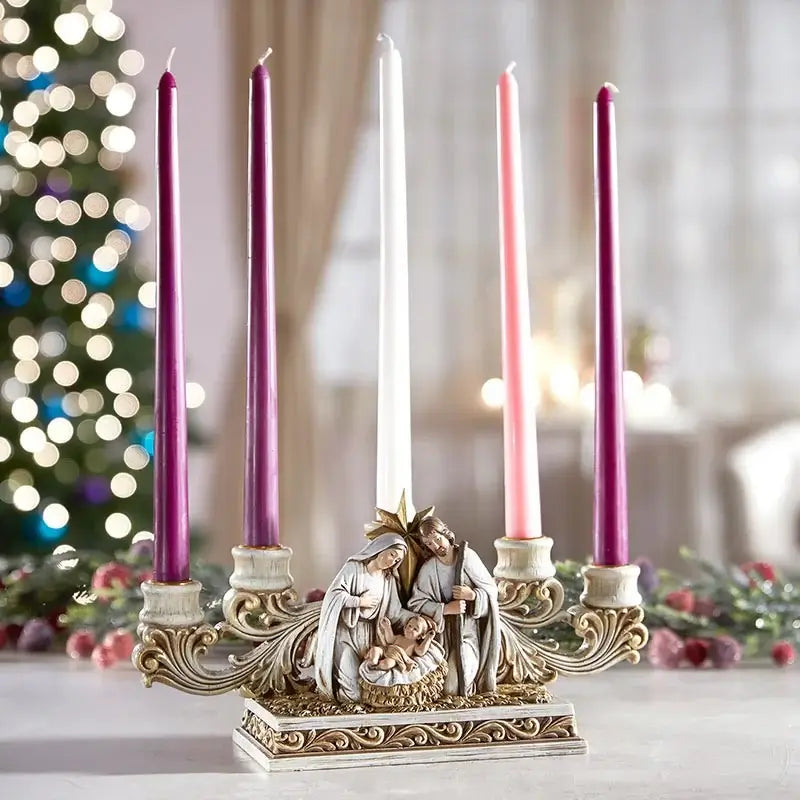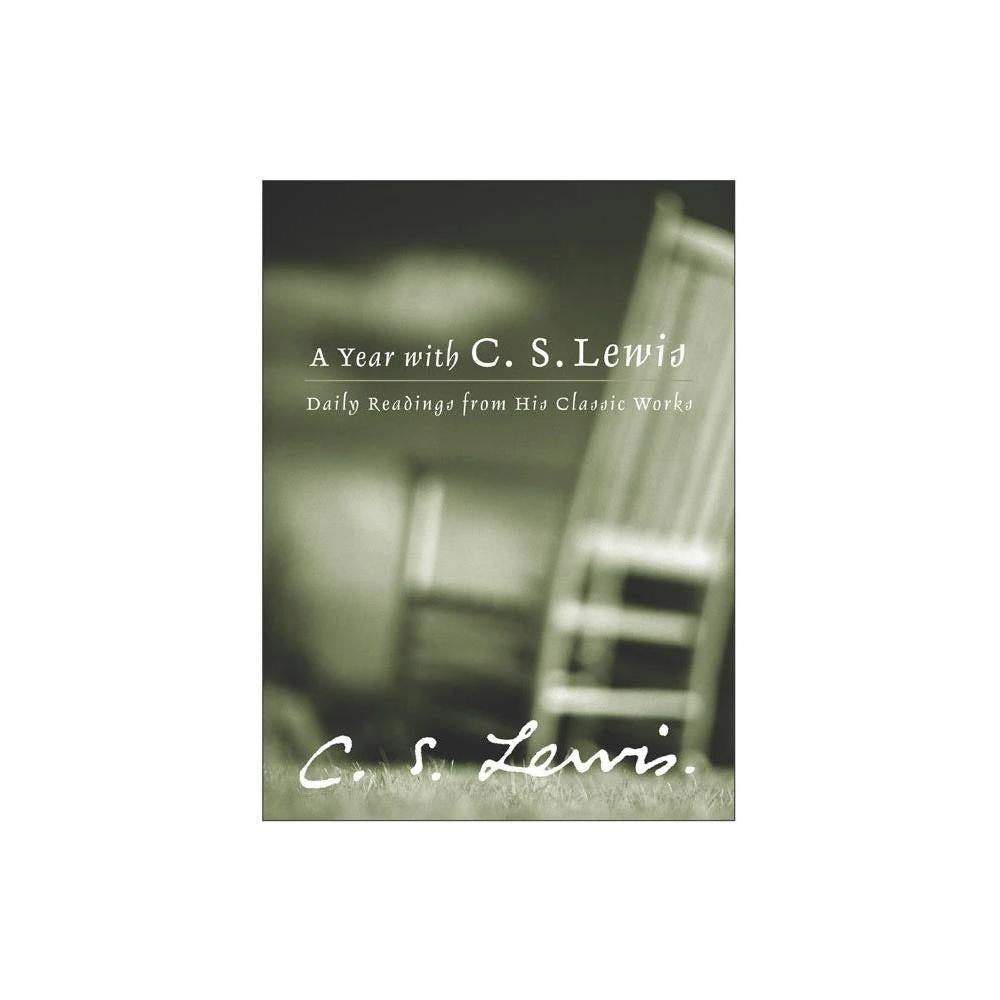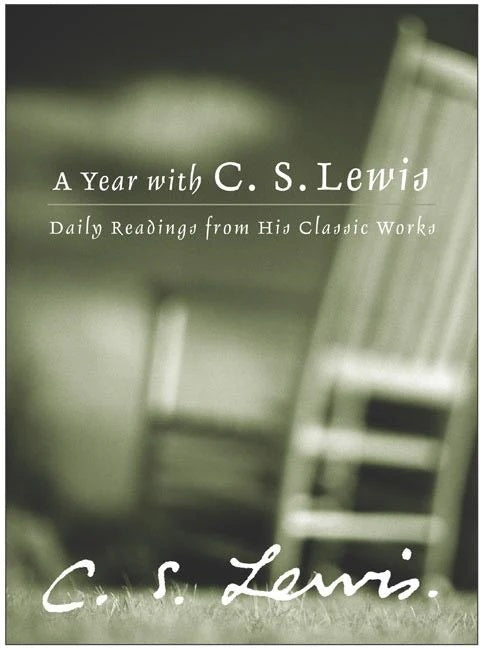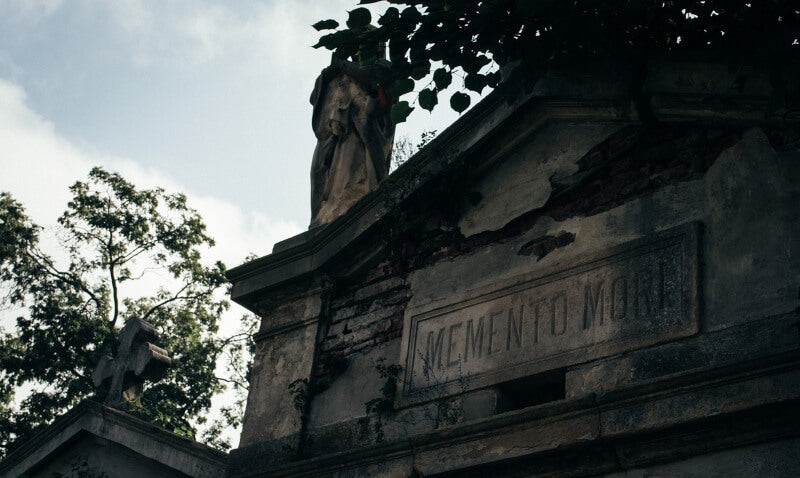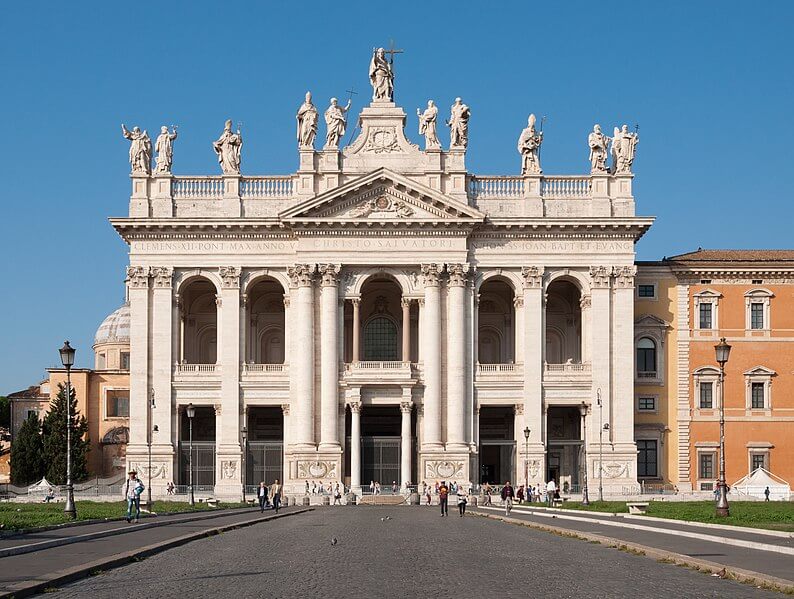There can be no marriage between heaven and hell. In fact, there is a great divorce.
This is the argument of famous Christian thinker, C.S. Lewis, in his book The Great Divorce. As the book of Revelation reveals, “Nothing unclean shall enter [the gates of heaven]” (see Rev. 21:27). Therefore, we must purge ourselves of anything that is not pure, anything not from God.
Yet, even knowing the goodness of heaven, we struggle to do so. As C.S. Lewis describes, we all can adopt our pet sins. These sins may seem insignificant, but our attachment to them can lead us to privilege them even above our Creator and heaven’s banquet feast.

Many people, Christian and non-Christian, struggle with the idea that God would condemn someone to hell. However, in The Great Divorce, we see that hell is a self-choice. In Lewis’s portrayal, we meet souls which come up from hell but who choose to return. There is something of which they cannot let go.
But this is not exactly the end of the story. As Catholics, we agree with C.S. Lewis that those souls condemned to hell are those who chose to embrace that which is not of God and could not be happy in heaven. Yet we also believe that our merciful God enables those souls who have died in His grace but are still imperfect to undergo a purification of their desires so that they can perfectly join Him in heaven. This is the Catholic teaching of purgatory that we read about yesterday. Through C.S. Lewis’s beautiful analysis of the “great divorce” between heaven and hell, we recognize the beauty and necessity of purgatory!
A wonderful Christian thinker and storyteller, C.S. Lewis’s work is full of profound meditations on faith and humanity. However, there is no need to be overwhelmed by the volume of his work. The classic A Year with C.S. Lewis is an intimate day-to-day companion filled with daily meditations culled from Lewis’s signature works. This book is perfect for the upcoming new year or as a Christmas gift to a literary friend! Available today at The Catholic Company!









